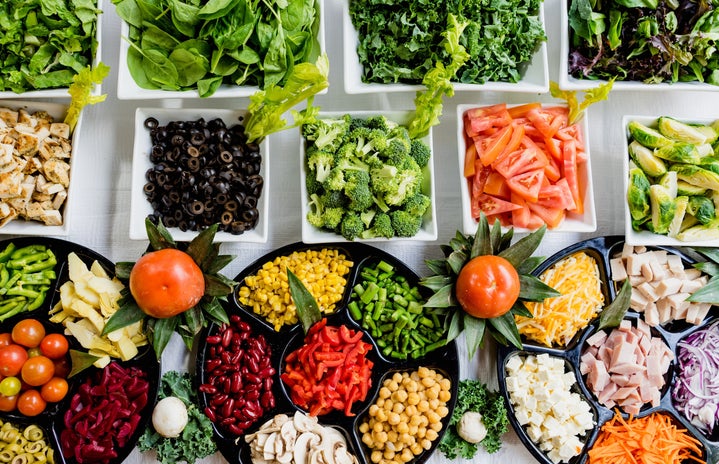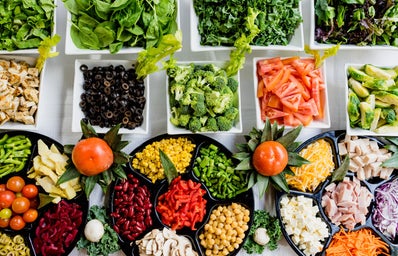On any college campus, it is nearly impossible to predict how much food is required to maintain a waste-free dining experience. Many factors go into food waste: the fluctuating amounts of diners each day, the types of meals that are prepared, and the differences on how much an individual eats. Because there are so many unknowns, it is impossible to get rid of food waste entirely, but it is important to practice simple ways to reduce it.
Be In Charge Of Your Portions
In a traditional college dining hall, there are many options to choose from, but so little freedom to decide how much or how little you want of said food. Some options are self-serve, like the dessert and salad bar. Hot meals that require more preparation are often served by dining hall employees, preventing students from controlling their portions. To know your body and what portion size is right for you is key to reducing food waste. Let them know if you only want a little or a hefty amount of food. In addition, having self-serve stations at colleges would allow students to design their meals to their needs, allowing less food waste. Buffets or prepackaged food can help control portion sizes, further reducing food waste.
Advertise It
Students need to be aware of food waste prevention in order to put it to action. An on-campus sustainability organization can help promote these ideas throughout the entire community. Creating posters to hang in or around dining areas on campus can help make these ideas more visible. Food waste may sometimes slip students’ minds, but when brought to their attention, they may think twice about leaving extra pasta on their plate, especially if they did not even want it in the first place. Making the college environment aware of this is helpful not only to students but to the college as well. If students take more initiative with reducing food waste, the college can reduce their how much they pay for food, which then reduces tuition. Food waste reduction is the key to a healthier and sustainable college atmosphere.



